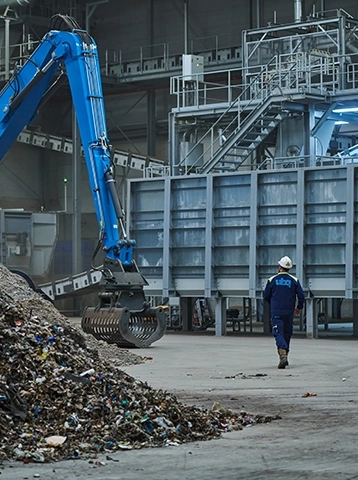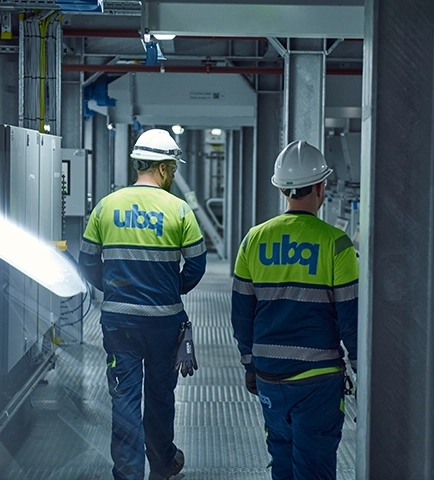Conventional wisdom dictates that businesses have to choose between making a positive impact and making money. B Corporations, however, are changing the narrative and proving that profit-making businesses can be a force for good.


Conventional wisdom dictates that businesses have to choose between making a positive impact and making money. B Corporations, however, are changing the narrative and proving that profit-making businesses can be a force for good.
Certified B Corporations™ are businesses that meet the highest standards of verified environmental and social performance, legal accountability, and public transparency to balance purpose and profit.
In 2018, UBQ Materials became a certified B Corporation with an overall B Impact Assessment (BIA) score of 92.5. Since then, our score has risen to 108.8, which reflects years of hard work from team members across the company.
The median score for all businesses that complete the assessment is 55. Certification requires at least 80 points.

At UBQ, we have redefined what success means.
Rather than a “profits at all costs” approach, we use the power of business to solve social and environmental problems.
With every product that uses UBQ™, we are making a better and cleaner world.

Every year, up until 2022, B Lab recognized the B Corps that were Best for the World, scoring among the top 5% companies in impact areas evaluated on the BIA:
• Governance
• Workers
• Community
• Environment
• Customers
Learn More